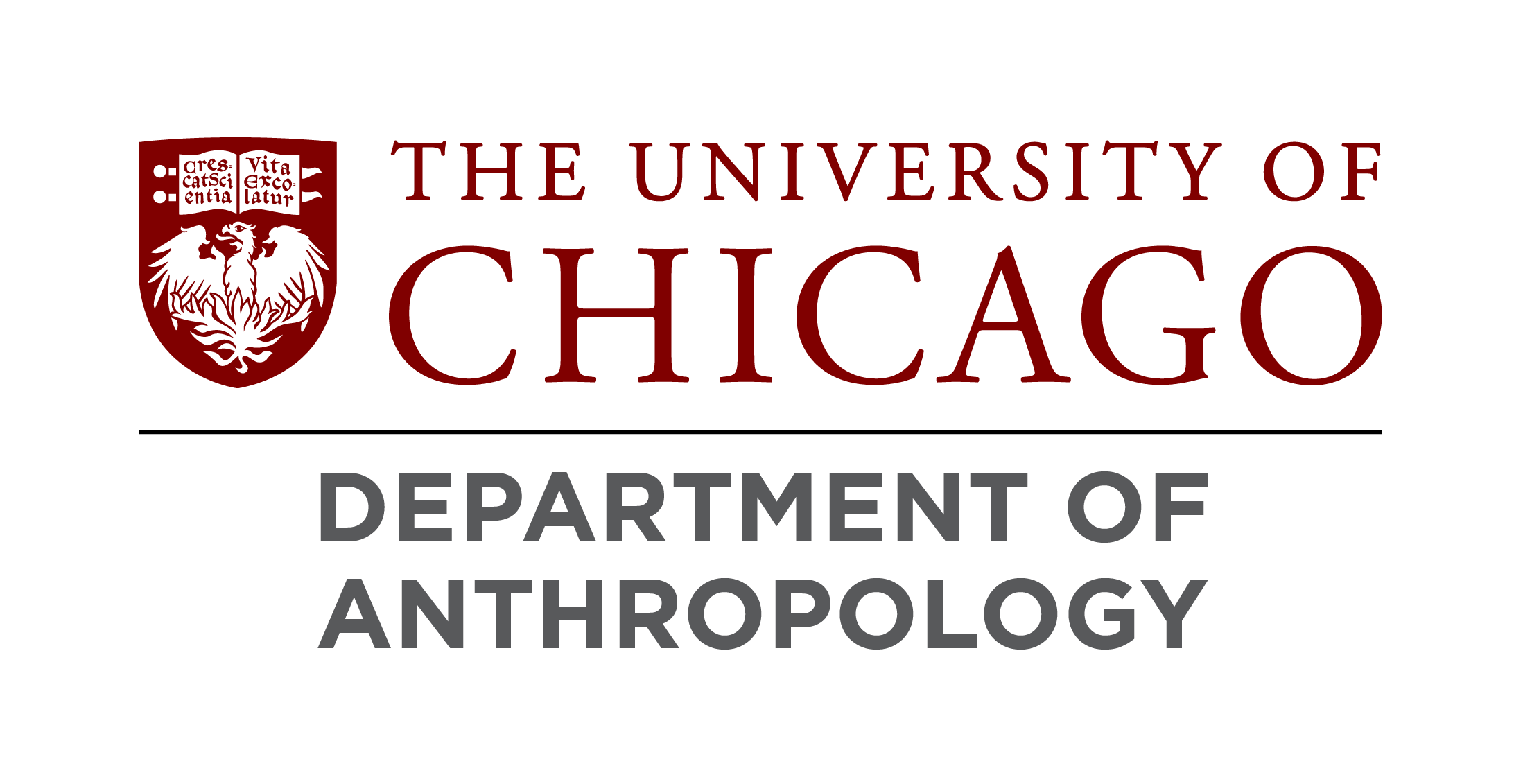Interdisciplinary Studies
Graduate students and faculty in the Department regularly participate in a wide spectrum of interdisciplinary activities. Many anthropology students complement their departmental coursework with offerings from other departments, and their advisory committees frequently include scholars of other disciplines, particularly History, Political Science, and Comparative Human Development. Through the Council of Advanced Studies, over 70 workshops in the humanities and social scientists provide ample opportunity for cross-disciplinary dialogue. Members discuss dissertation chapters, host guest presenters, and organize conferences showcasing the work of students, faculty, and visiting scholars. Workshops are proposed and coordinated by graduate students, in collaboration with faculty sponsors, and may be organized according to regional, theoretical, or methodological interests.
In addition, the Social Sciences Division is home to a number of interdisciplinary committees and research centers, where faculty and students collaborate through teaching and research projects. Anthropology students have been involved with the Center for the Study of Race, Politics and Culture the Center for the Study of Gender and Sexuality the Chicago Center for Contemporary Theory and the Center for the Study of Communication and Society, to name just a few. Students working in particular geographic regions can take advantage of Title VI Area Studies Centers focused on East Asia, Latin America, South Asia, the Middle East, and Eastern Europe/Russia/Eurasia as well as Committees on African Studies, and the Ancient Mediterranean World. From a more global perspective, the Center for International Social Science Research and the Human Rights Program sponsor colloquia, conferences and lectures on a range of contemporary issues.
Many anthropologists pursue projects that overlap with disciplines in the Humanities. Students have worked with faculty in the Departments of History, Cinema and Media Studies, Music, English, and Comparative Literature, as well as Classical, East Asian, Near Eastern, Romance, Slavic, and South Asian Languages. The Franke Institute for the Humanities provides yet another forum for cross-disciplinary dialogue, through symposia, colloquia and lectures on a wide variety of topics.
Anthropologists interested in archaeology can collaborate with other archaeologists across disciplines through the The University of Chicago Archaeology Nexus. Anthropologists interested in science, technology, medicine, and health issues have the opportunity to interface with specialists in the sciences. For example, inquiries into the history and philosophy of anthropological thought should find fertile ground at the Morris Fishbein Center for the History of Science and Medicine and the Committee on Conceptual and Historical Studies of Science. Medical Anthropologists may become involved with the Center for Health and the Social Sciences and the Center for Interdisciplinary Health Disparities Research.
 THE UNIVERSITY OF CHICAGO
THE UNIVERSITY OF CHICAGO

